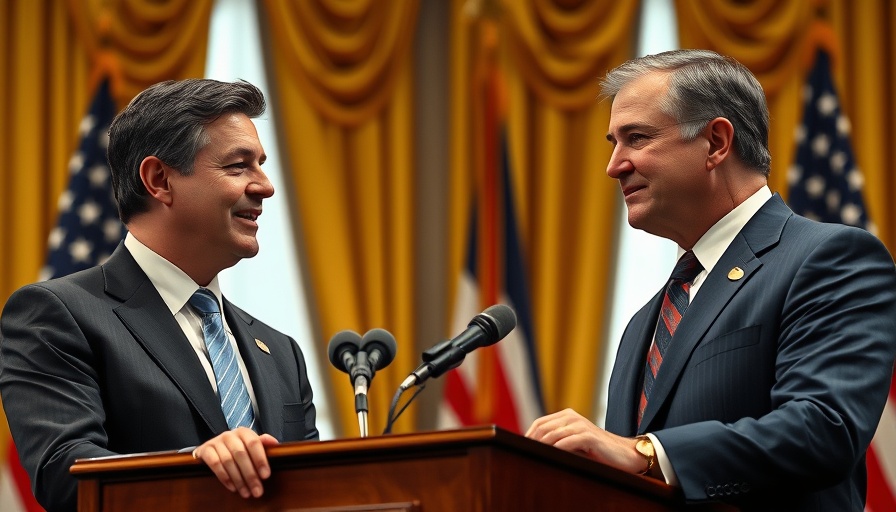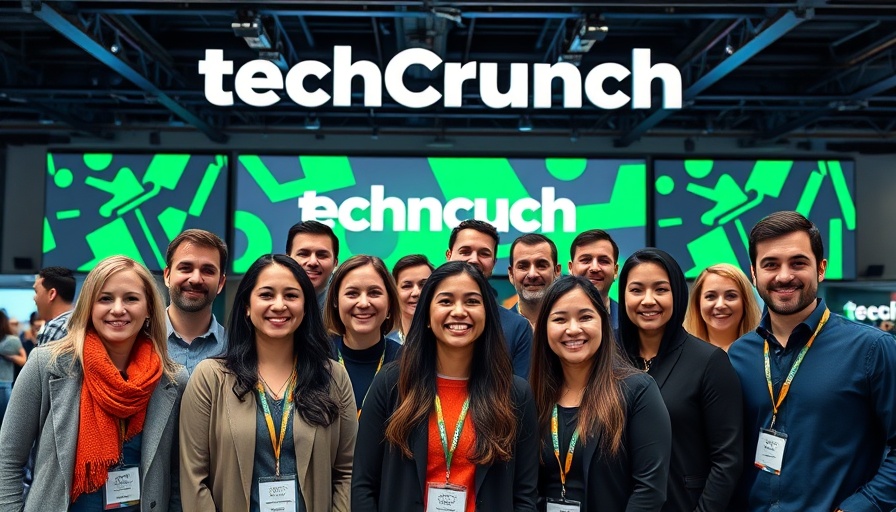
How Silicon Valley is Shaping Trump's AI Policies
In a surprising alliance, President Donald Trump is set to unveil his "AI Action Plan," heavily influenced by the ideologies and suggestions of Silicon Valley tech magnates. As reported, Trump's intention to pivot from his predecessor Joe Biden’s regulations indicates a significant shift in U.S. AI policy. The plans, scheduled for announcement in conjunction with the bipartisan Hill and Valley Forum and the All-In Podcast, underscore Trump's reliance on his tech advisers, including David Sacks, to forge a definitive AI agenda.
The Role of Tech Billionaires
The upcoming AI policy is anything but ordinary; it signals a potential renaissance for tech industry influence in U.S. governance. Notably, many of these billionaire tech figures backed Trump's campaign in the past, creating a synergy between political ideologies and corporate interests. This collaboration has important implications for AI technology's trajectory in the U.S., especially in areas such as data center construction and international tech exports.
The Controversial Fight Against 'Woke AI'
Trump's plan doesn't shy away from controversy. The narrative surrounding what is termed "woke AI" has gained prominence, particularly from Sacks and other influential tech investors. Their concern centers on how AI tools appear to reflect a perceived liberal bias, emphasizing how systems like ChatGPT and Google's Gemini can misinterpret or misrepresent historical figures due to their diversity protocols. This aspect of the AI discourse could play a significant role in shaping how future AI tools are developed and regulated.
Energy Needs: A New Paradigm
As AI development accelerates, its growing energy requirements cannot be ignored. Trump’s focus on utilizing U.S. energy sources—such as natural gas, coal, and nuclear power—is closely linked to the construction of energy-intensive data centers. Predictions suggest that as projects like OpenAI's new Texas complex unfold, there will be a surge in demand for energy-efficient solutions that can accommodate heavy computing tasks.
What’s Next for U.S. AI Policy?
Looking ahead, the convergence of political agendas and technological advancements presents both challenges and opportunities. As Trump unveils its AI plan, stakeholders from various sectors will be watching closely to see how these policies will influence the development and implementation of AI technologies across different industries.
This blend of technology and politics raises crucial questions about the future of AI. Will the policies enacted favor corporate interests over public welfare? As the landscape evolves, it’s essential for all stakeholders—including the tech community, policymakers, and the public—to engage in conversations about ethical AI development.
Conclusion: Navigating the Future of AI
The intertwining of political ambition and Silicon Valley tech agendas in Trump’s AI strategy highlights the critical juncture at which AI development currently stands. As the unveiling of the AI Action Plan approaches, the focus will not only be on technological advancements but also on how these developments will be governed and regulated. To ensure a balanced approach, it’s crucial for communities to participate in dialogues concerning AI ethics and the implications of potential bias in these powerful technologies.
Stay engaged with AI developments and consider how they may affect economic, social, and ethical landscapes. The conversation around AI isn’t just about technology—it’s about the future we are shaping together.
 Add Row
Add Row  Add
Add 




Write A Comment